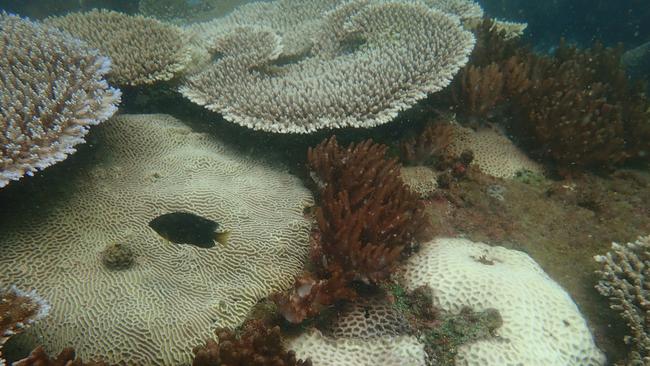James Cook Uni scientists report severe bleaching on Great Barrier Reef
James Cook University scientists on a 25 year survey program report severe coral bleaching on Great Barrier Reef this summer.

James Cook University scientists doing regular reef surveys have reported severe coral bleaching this summer in the waters around the Great Keppel Islands, one of Queensland’s popular tourist areas.
Maya Srinivasan, from James Cook University’s Centre for Tropical Water and Aquatic Ecosystem Research (TropWATER) said the waters around the islands were well above the summer average, reaching 29C on multiples days of the centre’s survey of the Keppel islands.
The survey team found bleaching at most of the 27 sites it surveyed at the islands and only the deeper areas were relatively unimpacted by heat stress.
“I have been working on these reefs for nearly 20 years and I have never felt the water as warm as this,” Dr Srinivasan said.
“Once we were in the water, we could instantly see parts of the reef that were completely white from severe bleaching. Some corals were already dying.”
Heat stress is the main cause of coral bleaching. Severely bleached corals will die if the temperature remains high for too long, however they can recover if the temperature falls.
“Although some corals were already dying, many of the corals could recover if the water cools in the coming weeks, and we did see the temperatures begin to drop towards the end of the trip,” Dr Srinivasan said.
The survey is part of TropWATER’s 25 year program to track changes in fish communities and the coral reef habitats of the Great Barrier Reef.
The team regularly survey’s 42 islands in eight key island locations on reef. It also monitors the effectiveness of marine park zoning in areas where fishing is allowed and in areas where it isn’t.




To join the conversation, please log in. Don't have an account? Register
Join the conversation, you are commenting as Logout